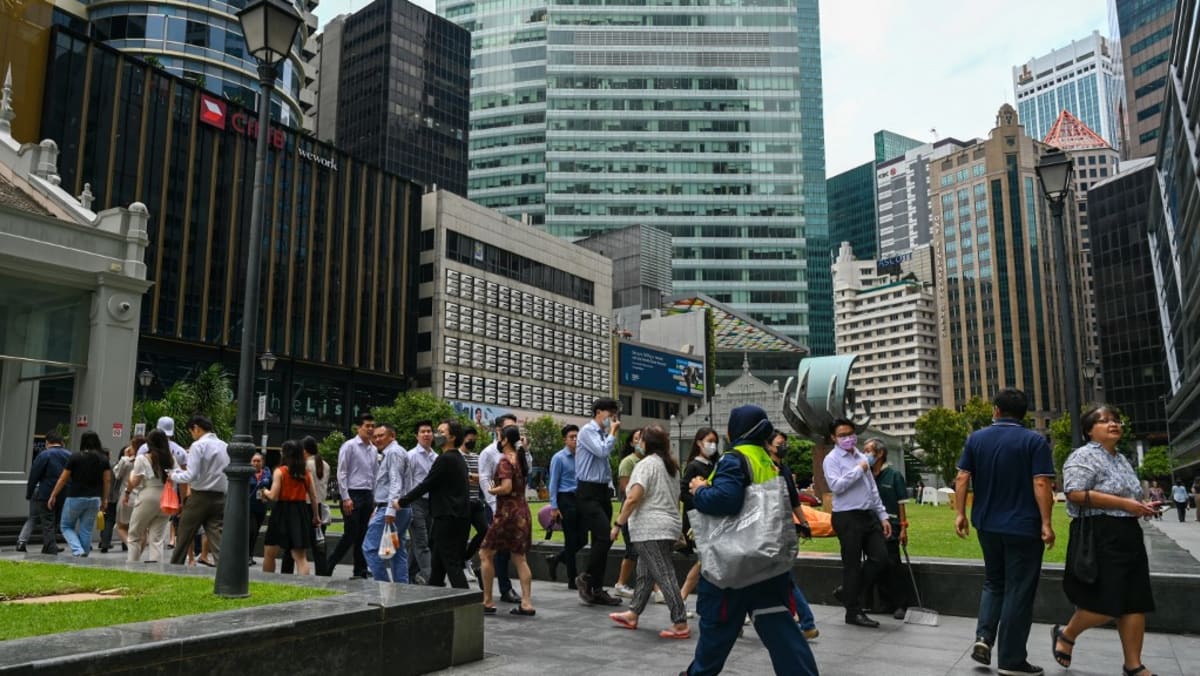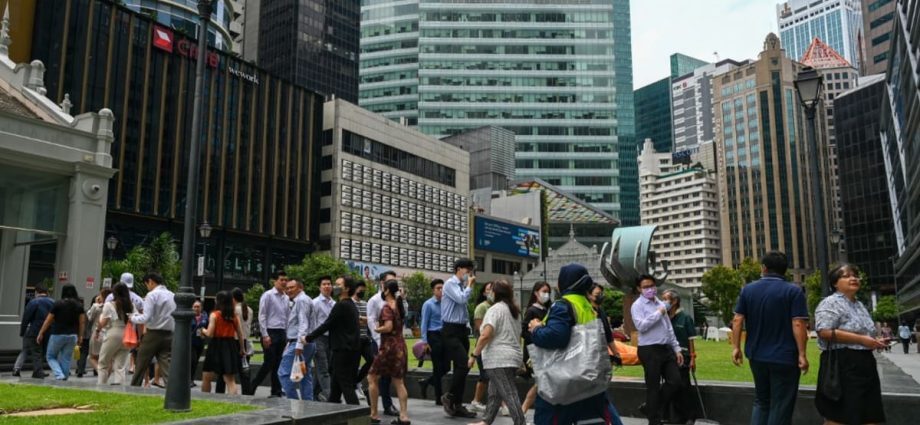
However, Mr Kok noted that the circumstances vary across different sectors, with firms in the construction sector, wholesale trade sector and the hotel, retail and accommodation sector more impacted by the credit crunch.
“But having said that, all in all, I think businesses in Singapore are resilient. They are actively taking measures to see what they can do. In response to the increase in interest rates, companies are actively reviewing the variable loan rates,” he said.
He added that to conserve cash, firms are actively trying to slow down some outflows, by minimising non-mandatory expenditures and even delaying investment plans.
Mr Ang Yuit, president of the Association of Small and Medium Enterprises, said that local businesses are hoping that demand will go up as the world exits the pandemic and trade from China rises.
“With costs going up and demand staying stagnant, you’re going to have some challenges, so hopefully demand goes up. That may be due to global factors and internally if we can look at how we can stimulate some of this, that would really help,” he said.
DIFFERENCES IN SECTORS
Of the companies in the survey that were confident things will improve, the construction sector, logistics sector and finance and banking sector stood out, noted Mr Kok.
“For the construction sector, notwithstanding some of the cost challenges that they have, construction demand is still pretty strong. Many of these were projects that were delayed because of COVID-19, and of course there’s a rush to complete them,” he said.
While the official figures are not yet in, Mr Kok said 2023 will close out with construction output of between S$25 billion (US$19 billion) to S$32 billion.

